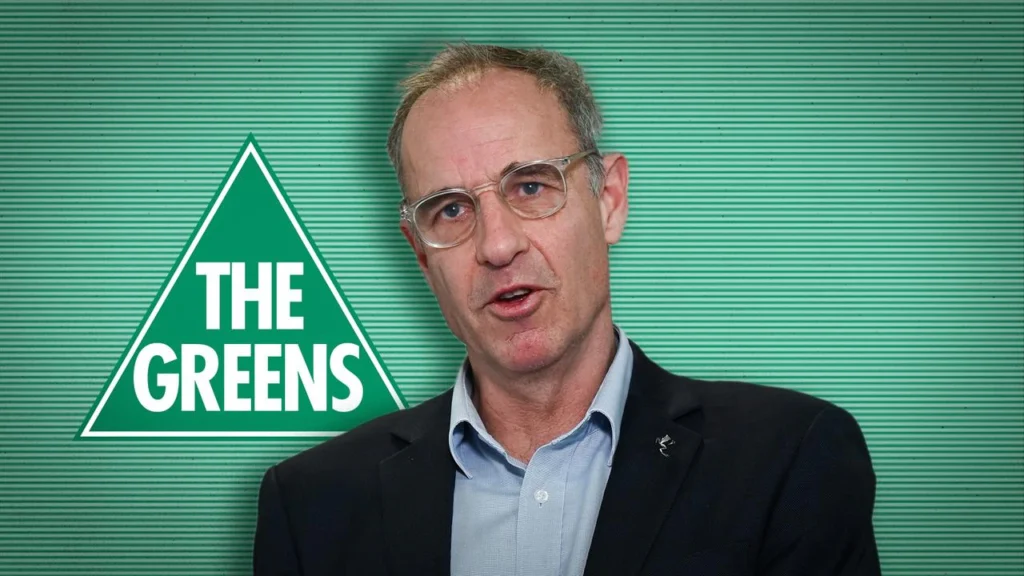
In a dramatic call for economic intervention, the Australian Greens Party is urging Treasurer Jim Chalmers to activate a rarely used provision that could reverse the Reserve Bank of Australia’s (RBA) current interest rate decision. This move comes as the RBA maintains its cash rate at 4.35%, which the Greens argue is placing undue strain on mortgage holders and renters across the nation.
The Greens are advocating for Treasurer Chalmers to invoke Section 11 of the RBA Act, a power that has never before been exercised. Senator Nick McKim, the Greens’ economic justice spokesperson, argues that this intervention is necessary to alleviate the financial pressure facing many Australians.
“Section 11 of the RBA Act grants the Treasurer the authority to override the Reserve Bank’s decisions when needed,” Senator McKim said. “Interest rates are wreaking havoc on mortgage holders and renters. Dr. Chalmers should use this power immediately to provide relief and ensure it remains available for future needs.”
McKim criticised the current high interest rates for their severe impact on housing affordability and living costs. “Dr. Chalmers has acknowledged the damage caused by the RBA’s policies. It’s time for him to act decisively and reduce interest rates before the situation deteriorates further.”
The call for intervention follows a recent setback in RBA reforms. On 10 September, the Coalition, led by Shadow Treasurer Angus Taylor, blocked a proposed bill that aimed to restructure the RBA into two separate boards—one for monetary policy and another for governance.
Senator McKim expressed the Greens’ willingness to collaborate with Chalmers if he enacts Section 11. “We are committed to working constructively with the Treasurer,” McKim stated. “However, it is essential to preserve the democratic oversight of the RBA. Abandoning this oversight would represent a capitulation to neoliberal agendas.”
In a press conference on 10 September, Treasurer Jim Chalmers addressed the opposition to the RBA reforms and the Greens’ intervention call. Chalmers defended the reforms as efforts to enhance the RBA’s independence rather than diminish it.
“The Coalition’s stance reflects a lack of understanding and economic credibility,” Chalmers asserted. “Despite accommodating six key issues raised by Shadow Treasurer Taylor—including the chairmanship of the governance board and term limits—I have faced continuous obstruction.”
Chalmers revealed that he had engaged with Taylor on multiple occasions since April 2023, addressing his concerns regarding the RBA’s governance. “I have made genuine efforts for bipartisanship, even discussing potential board appointments to ensure no political favoritism,” he said.
The Treasurer criticised the Coalition’s approach as “irresponsible” and “disappointing,” but not surprising. “They seem to seek unnecessary conflict rather than constructive solutions. We will evaluate our next steps and communicate them in due course,” Chalmers concluded.
The debate over interest rate policy and RBA reforms is intensifying, with the Greens pushing for unprecedented intervention to mitigate economic hardship. As political tensions mount, all eyes are on Treasurer Jim Chalmers to see whether he will act on the Greens’ call or continue navigating the complex landscape of monetary policy reform.